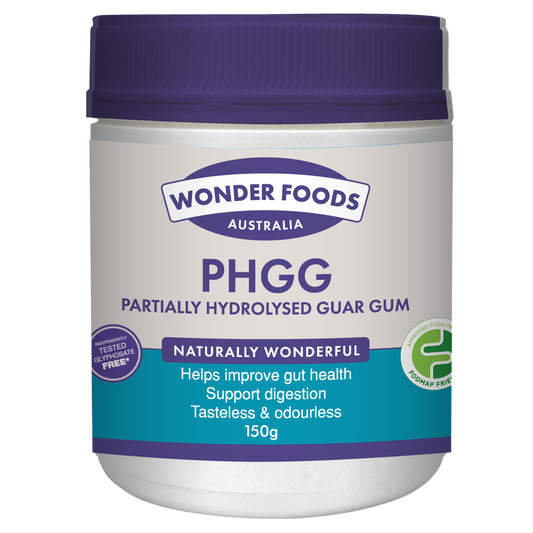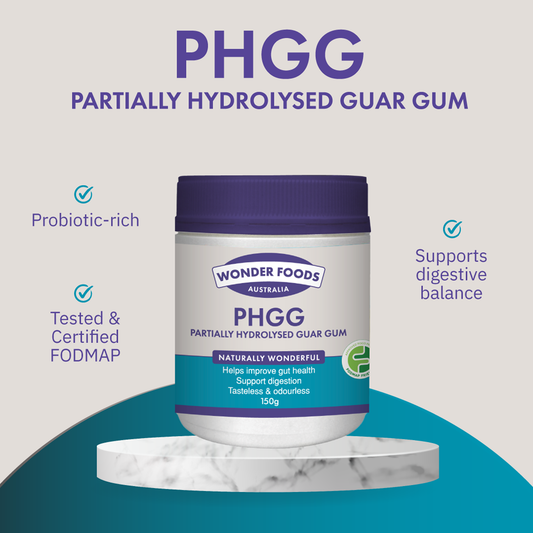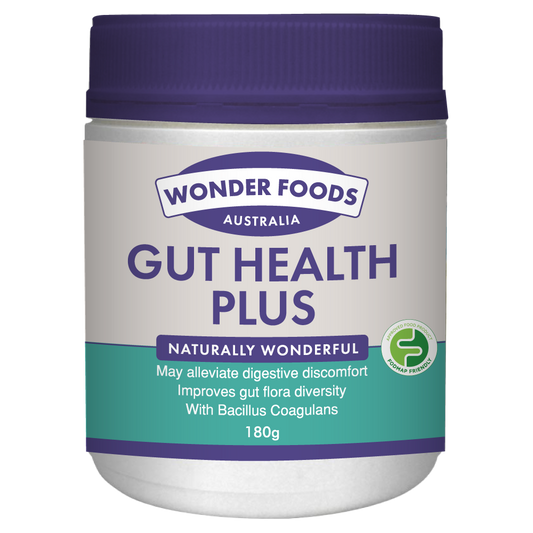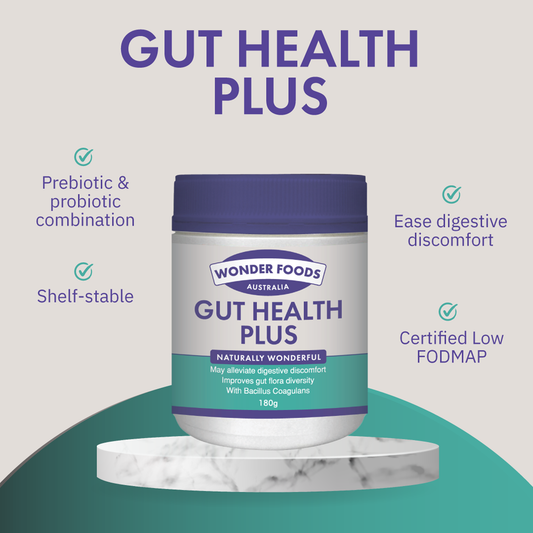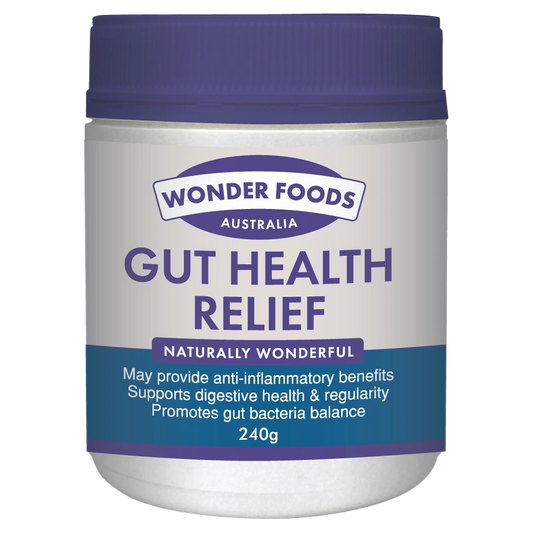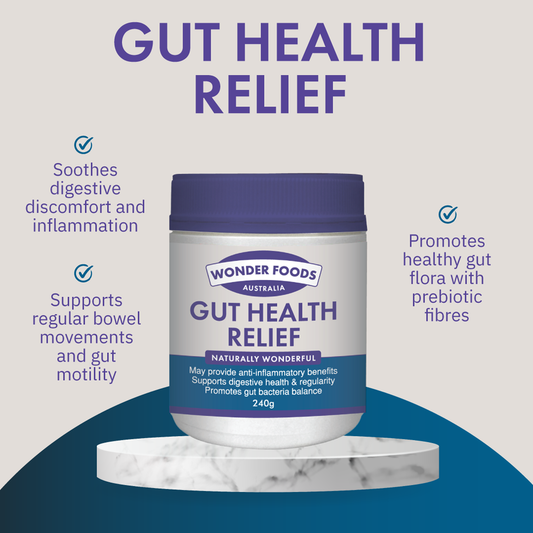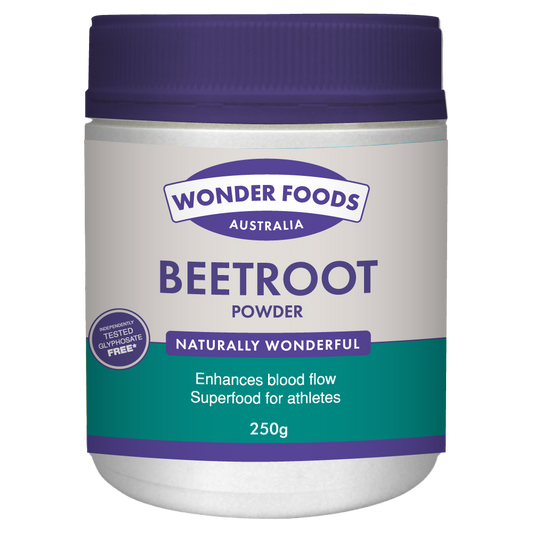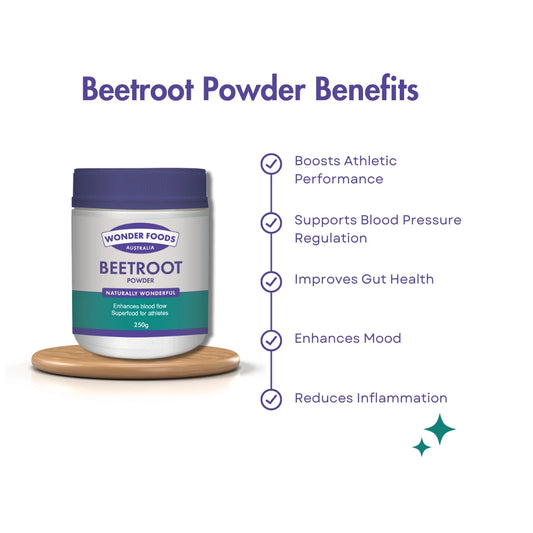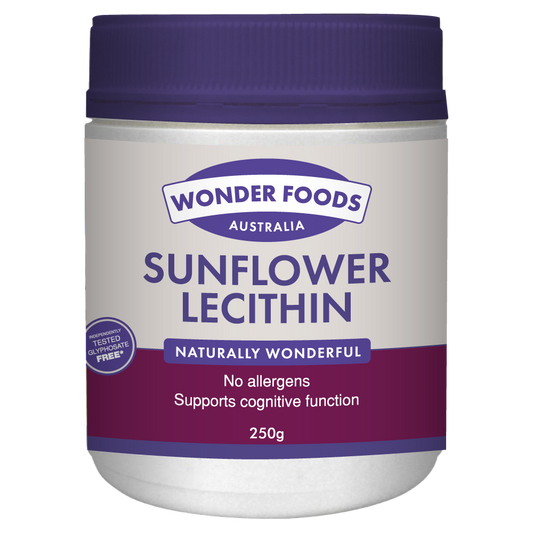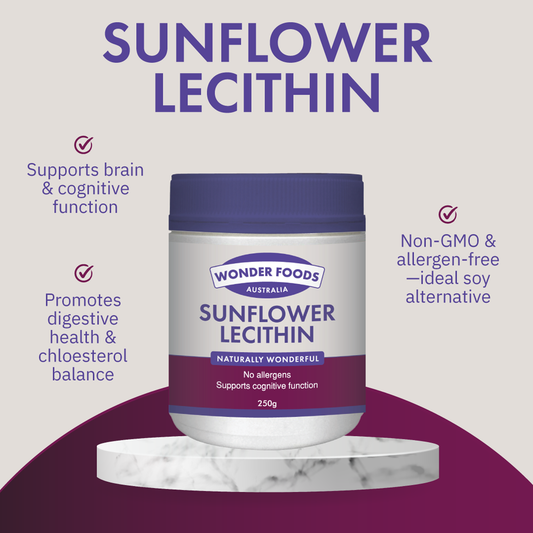
Can Gut Problems cause Dandruff?
Dandruff, the small white flakes that dot your scalp and shoulders, is a common condition.
While most people think of it as an isolated scalp issue, research is increasingly pointing to a surprising factor: gut health.
Studies are revealing that the bacteria and overall health of our digestive system might be more linked to scalp health than we’ve previously understood.
Let’s explore how your gut influences dandruff and what steps you can take to address it from within.
What is Dandruff?
Dandruff is primarily attributed to an imbalance in the scalp’s microbiome, especially the overgrowth of a naturally occurring yeast called Malassezia.
This yeast thrives in oily areas like the scalp, feeding off of the natural oils (sebum) produced by the skin.
When there’s an overgrowth, it can lead to inflammation, itching, and the characteristic flakes associated with dandruff.
Some common factors influencing dandruff include:
- Excess Sebum Production: More oil provides more “food” for Malassezia, promoting overgrowth.
- Scalp Sensitivity: An overly sensitive scalp can react to even normal levels of yeast and oil, leading to flakes.
- Environmental Factors: Cold, dry air or an imbalance in humidity levels can exacerbate scalp dryness and dandruff.
Despite these factors, there’s a growing awareness that the root cause may go beyond the scalp, extending to your gut health.
The Gut-Skin Axis
The gut and skin communicate through what’s known as the “gut-skin axis.”
This axis highlights the relationship between our digestive system and skin health, suggesting that an imbalance in gut bacteria, or “dysbiosis,” can lead to skin issues, including dandruff.
Here’s how this connection unfolds:
Immune System Modulation
Approximately 70% of your immune system resides in your gut, meaning your gut health can significantly impact immune function.
An imbalanced microbiome may lead to an overactive immune response, which can exacerbate inflammatory skin conditions like dandruff.
Nutrient Absorption
Your gut is essential for absorbing nutrients critical for skin health, including B vitamins, zinc, and omega-3 fatty acids.
A compromised gut can result in nutrient deficiencies, which may impact scalp health and increase dandruff risk.
Inflammation
Dysbiosis in the gut can increase systemic inflammation.
This, in turn, can lead to inflammation in the skin and scalp, aggravating dandruff.
Evidence Supporting the Gut-Dandruff Connection
Emerging studies are reinforcing the link between gut health and dandruff.
Research into the role of gut health in skin conditions, such as eczema, psoriasis, and even dandruff, has shown that a healthy gut microbiome can support overall skin health by reducing inflammation and regulating immune response
One study revealed that individuals with a balanced gut microbiome experienced fewer skin issues than those with a disrupted gut ecosystem.
Since the skin and gut microbiota are linked, when there’s a disturbance in one system, it can negatively impact the other.
For example, individuals with digestive issues like irritable bowel syndrome (IBS), Leaky Gut Syndrome or SIBO often report accompanying skin concerns, including dandruff, which supports the gut-skin connection further.
Can Probiotics help Dandruff?
Taking care of gut health may play a beneficial role in managing dandruff. Here are several steps that may help:
Increase Fibre Intake: Fibre can be important for gut health as it acts as a prebiotic, feeding the beneficial bacteria in the gut.
Include fibre-rich foods like fruits and vegetables to support a healthy gut microbiome or supplement with partially hydrolysed guar gum.
Add Synbiotics to Your Diet: Synbiotics is a combination of prebiotics (mentioned above) and probiotics, or “good bacteria."
These can restore balance in the gut and reduce inflammation.
A product this is highly recommended by Health Practitioners is Gut Health Plus.
Is Dandruff caused by a Poor Diet?
The Standard Australia Diet (SAD) promotes poor digestion, which can lead to many problems, including skin issues like dandruff.
Incorporate Anti-Inflammatory Foods: Foods rich in antioxidants and anti-inflammatory properties, such as leafy greens, berries, and nuts, can reduce systemic inflammation and support both gut and scalp health.
Limit Sugar and Processed Foods: Diets high in sugar and processed foods can disrupt the gut microbiome, promoting an overgrowth of harmful bacteria.
Reducing these foods may help restore gut balance, potentially benefiting skin and scalp health.
Stay Hydrated: Proper hydration is crucial for overall body function, including skin and gut health.
Water helps flush out toxins and maintains skin hydration, which can prevent scalp dryness and flaking.
How to get rid of Dandruff?
Improve your gut health.
Get regular exercise.
Eat whole, natural foods.
Get adequate sleep.
Final Thoughts on the Gut-Dandruff Connection
While dandruff is commonly treated as an isolated scalp condition, the emerging science of the gut-skin axis provides a broader perspective on its causes and potential treatments.
By improving gut health through diet, lifestyle, and supplementation, you may be able to alleviate dandruff symptoms and improve overall skin health.
A holistic approach—considering diet, supplementation, and stress management—may be key to achieving a healthier gut, a healthier scalp, and, ultimately, fewer dandruff woes.
If you’re dealing with persistent dandruff, consider discussing gut health with your healthcare provider as part of a broader, integrative approach to wellness.

